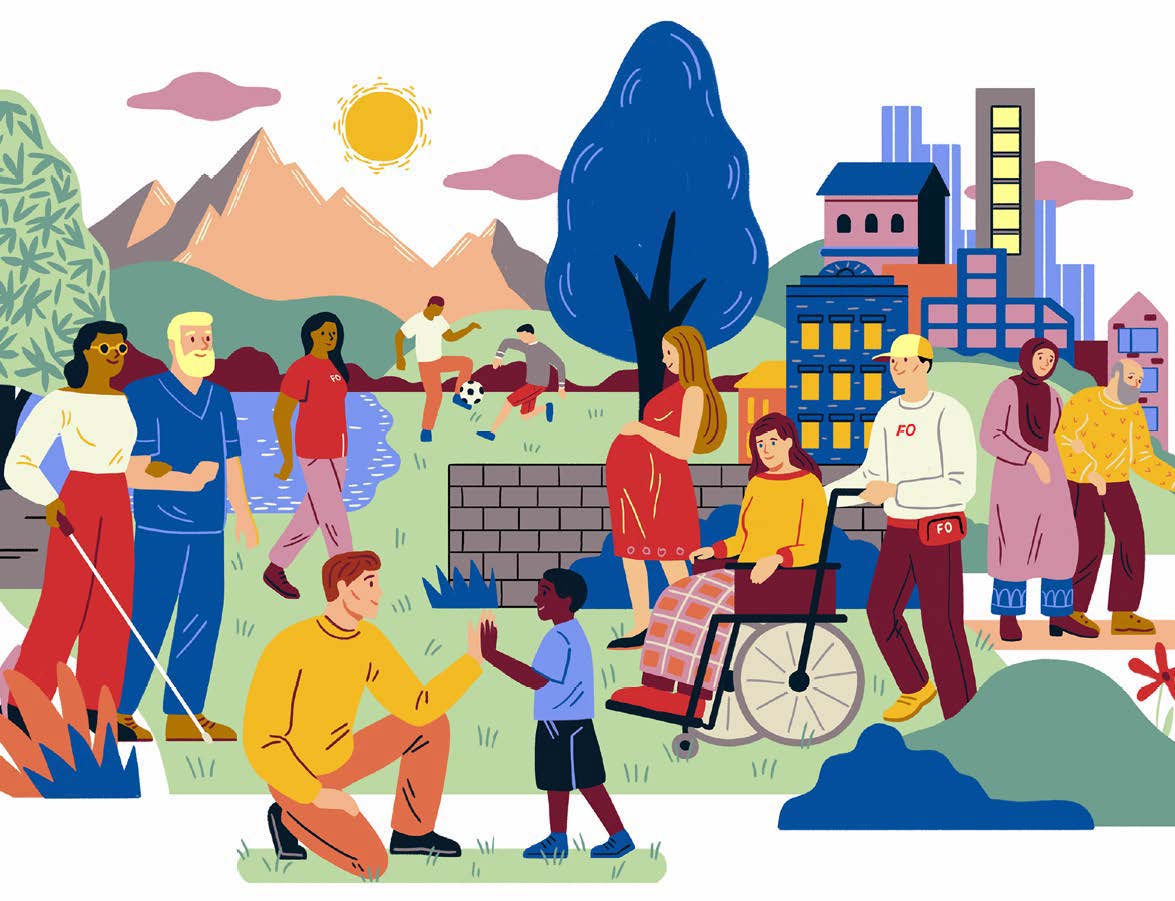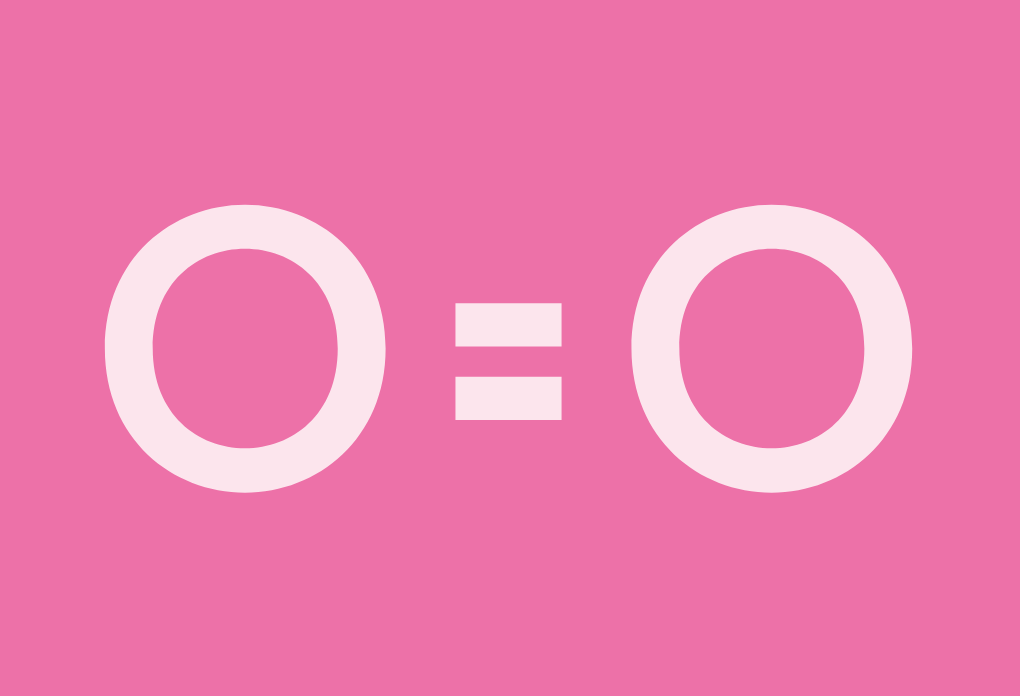International Foundation Documents
Respect for human dignity and rights, as outlined in the UN Universal Declaration of Human Rights, the Convention on the Rights of the Child, the Convention on the Rights of Persons with Disabilities (CRPD), UN Sustainable Development Goals, and other relevant international conventions, forms the basis for establishing common ethical values across nations and cultures. The UN along with other international organizations, including the International Federation of Social Workers (IFSW) and the International Association of Schools of Social Work (IASSW), have adopted numerous binding documents crucial for shaping professional ethics.
In 2004, the IFSW, of which FO is a member, and the IASSW adopted the document «Statement of Ethical Principles» – a declaration of ethical principles in social work and professional ethical guidelines. As members of the IFSW, these professions are committed to this international document. FO is also a member of the International Association of Social Educators (AIEJI), thus being obligated by their ethical documents.
Common Values in the Professional Ethical Foundation Document
Human Dignity
All individuals have the same fundamental value and the right to good living conditions and quality of life. The professional must defend the individual’s right to life and health, combat the use of violence and coercion, and work to ensure that everyone has as good living conditions and quality of life as possible.
We acknowledge the diversity of Sami culture and experiences and value the knowledge indigenous people possess. We commit to working together with Sami and national minorities, supporting their rights and goals for self-determination, and working to eliminate discrimination and promote equality.
Respect for Individual Integrity
Respect for the individual’s values and the desire for control over their own life is fundamental in health and social work. Through dialogue and facilitation of participation, the professional must contribute to strengthening the individual’s ability to live a good life in accordance with their values and opportunities. Professionals have a particular responsibility to distinguish between different preferences and ways of life that must be acknowledged, and behaviours and actions that violate fundamental human rights and regulations.
Professionals are responsible for ensuring the individual’s opportunity for active participation in encounters with the service. This also applies to the digital arena where the service is located. By identifying the individual’s needs, digital competence, and opportunities, the professional must facilitate meeting the individual on the premises of their own needs and resources.
Recognition of Diversity and Non-Discrimination
Health and social work must consider individual needs and preferences. Professionals are obligated to actively work against and fight discrimination and differential treatment of people based on ethnicity, culture, language, gender, gender diversity and sexual diversity, social and economic status, disability, religion, belief, political views, age, and other essential personal factors.
Holistic View of People
Health and social work assume that many aspects of people’s lives are relevant to their well-being, and individuals and society influence each other. The professional must emphasize a holistic approach to individuals who require complex and interdisciplinary services. They should contribute to various services collaborating on comprehensive offerings.
Trust, Openness, Honesty
Health and social work must be based on trust between the professional and the person in need of assistance. Trust, while fragile, is essential for a good relationship. Professionals must be aware of the power inherent in the role of a helper. It is important to work for open communication, understandable information, clear justifications, and the protection of confidentiality.
Care and Compassion
Professionals must show care and respect by identifying and addressing unmet needs in a way that considers the other’s resources and values. The professional has a special responsibility to assist those who cannot meet their own needs and interests.
Solidarity and Justice
Recognizing that people are mutually dependent on each other, the professional must promote solidarity among individuals and groups. A fair distribution of societal resources is a crucial goal in health and social work. Rights must always be safeguarded, and professionals have a particular responsibility to work for increased legal protection and better living conditions for vulnerable groups in society. To achieve this, one must use language and communicate in a way that the individual understands and masters.
Fair Green Transition
As professionals, we must engage in climate policy issues to ensure sustainable solutions for all. A green transition must be fair and not inadvertently affect people who already experience limitations and scarcity of economic and material resources. It must consider nature, animals, and the fauna around us.
Responsibility
Everyone has an independent responsibility to ensure that their actions align with professional knowledge, legal frameworks, and professional ethical obligations.
Leaders have a special responsibility to facilitate ethical reflection in the workplace. If professionals are required to perform actions that they do not consider professionally or ethically justifiable, they are responsible for reporting this to the appropriate authorities.

